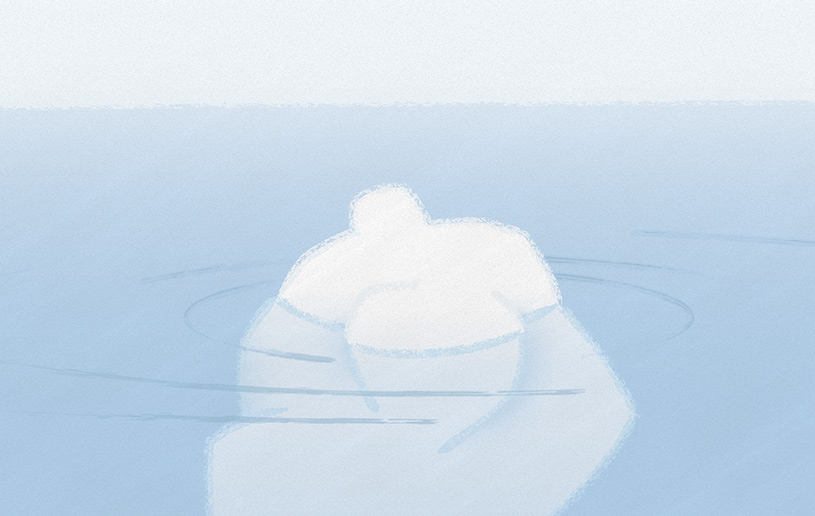
Something I hear often in my circles is “collaboration, not competition.” And whenever I hear this I think, isn’t that a nice idea. In theory I understand how working together rather than competing with others helps everyone but in reality I don’t trust people enough to believe they won’t take any opportunity to get ahead.
As a result I hold back, bite my tongue, and keep to myself rather than seek opportunities to offer help.
My mistrust in human nature extends to the person who appears to have it all together. I don’t believe my eyes and spend more time wondering when the other shoe will drop than trying to get to know her.
When I think about my attitude, I wonder why I don’t have more faith; why I’m not more inclined towards kindness. Am I projecting my insecurity on those with more confidence? Am I jealous? Am I afraid I’ll get hurt? All of the above?
Building a protective barrier around my emotions and self isn’t exactly what Jesus calls me to—in fact His instructions are quite the opposite. Love your neighbour as yourself (Matthew 19:19, 22:39; Mark 12:31-33; Luke 10:27; Romans 13:9; Galatians 5:14; James 2:8). And lest I stay away from the New Testament to avoid this uncomfortable command, it’s also in the Old Testament, “Do not seek revenge or bear a grudge against a fellow Israelite, but love your neighbor as yourself. I am the Lord” (Leviticus 19:18). When I expect the worst from people, or am biased against “perfect” people, do I love my neighbour as myself? Of course not.
Reaching out despite the risks also means I’m fulfilling Jesus’ command to love people I don’t like (or am intimidated by) and pray for those who are bullies (Matthew 5:43-44; Luke 6:27-35). When I love my enemies it forces me to pull away from my snap judgments and look closer at who they are.
When I look beyond the surface of these difficult people (who I love to hate) I’m a step closer to seeing them as God does (as His much-loved children). It reminds me of my place in the relationship as well—I don’t decide who deserves my love. My job is to love, regardless of the outcome.
I don’t know about you but some of my best friendships were formed out of misconceptions and misunderstandings. I’m so grateful these people have taken the time to look beneath my surface and think the best of me (despite their better judgment). I hope I can pay their kindness forward by loving my neighbours.

